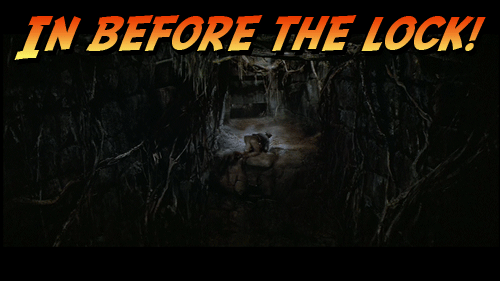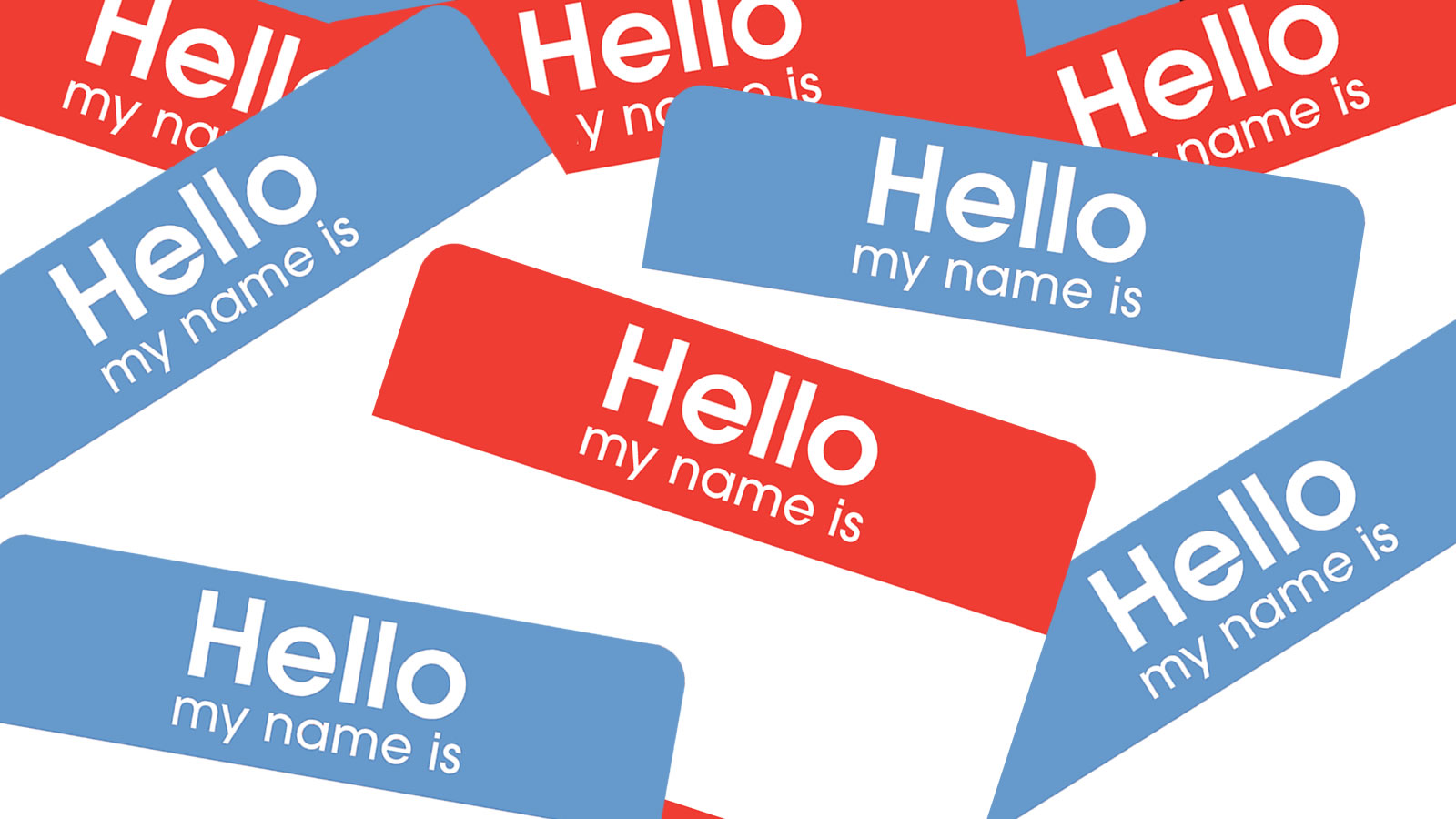Verily, 'twould appear that thou doest indeed take a position that was made in jest and doest attempt thy best to address it in a more serious vein of conversation. Yea, conversations in this manner rarely conclude as expected, neither by the one who started in jest, nor the one attempting a serious response.
------
But on a more serious note, in the previous 'latest gender-neutral pronouns' revolutions please provide sources where people were fired over not using the pronouns, and also the laws generated that threatened jail time for not using them. I think you'll find that to be a big difference between changes in acceptance of vernacular. I personally don't really care how you choose to address others, nor really how they address you. My problem becomes when you DEMAND that you be addressed a certain way and then get the powers that be (HR, Legislatures, etc) to back you up in REQUIRING that others use certain language, on threat of loss of job or freedom.
The subject, of course, is much deeper and nuanced than either side wants to present it. As I have neither the time nor inclination to discuss this in the depth it deserves, the above will be the only (halfway) serious comment I'll make on it. Any response to me or on this subject (in a serious tone) will be considered to be you having the last word rather than an attempt to engage me in a serious conversation on the matter.





